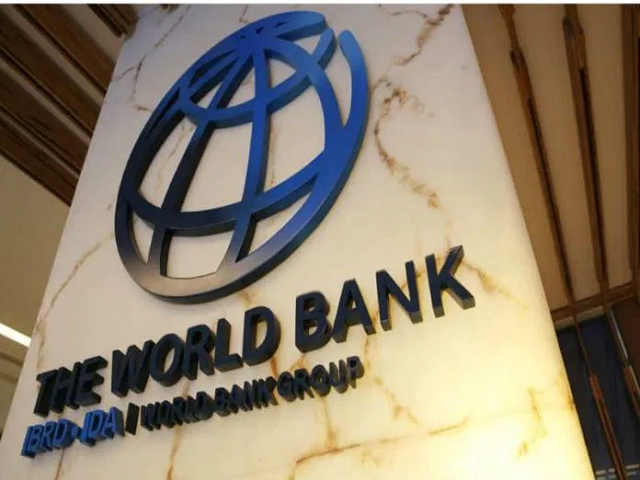The World Bank has released its Global Economic Prospects report for January 2024, forecasting a return of Nigeria’s per capita income to pre-pandemic levels by 2025. Per capita income is a key indicator measuring the average income earned per person in a specific area within a given year.
The report highlights the expectation of a gradual improvement in Nigeria’s economy in the coming years, driven by the impact of macro-fiscal reforms initiated by the government. Despite challenges faced by the Sub-Saharan African region, including Nigeria, such as higher input prices for businesses, the World Bank remains optimistic about the nation’s economic trajectory.
In 2023, the Sub-Saharan African region experienced a growth slowdown, estimated at 2.9%, influenced by country-specific challenges. Nigeria’s growth softened to an estimated 2.9%, impacted by factors like weakened services growth due to a disruptive currency demonetization policy. However, there was an increase in annual oil production following previous years’ decline.
Looking ahead, the World Bank projects Nigeria’s economic growth to reach 3.3% in 2024 and 3.7% in 2025, reflecting improvements from earlier estimates made in June of the previous year. These positive developments are attributed to ongoing macro-fiscal reforms, including the removal of the gasoline subsidy and unifying the exchange rate, which, despite short-term challenges, are deemed essential for long-term economic stability and growth.
The key sectors expected to drive growth in the coming years include agriculture, construction, services, and trade. Additionally, inflation is projected to ease gradually as the effects of last year’s exchange rate reforms and the removal of fuel subsidies diminish.
The World Bank’s baseline forecast suggests that Nigeria’s per capita income will reach its pre-pandemic level by 2025. These insights provide a cautiously optimistic outlook for Nigeria’s economic recovery, emphasizing the importance of sustained reforms for long-term stability.











